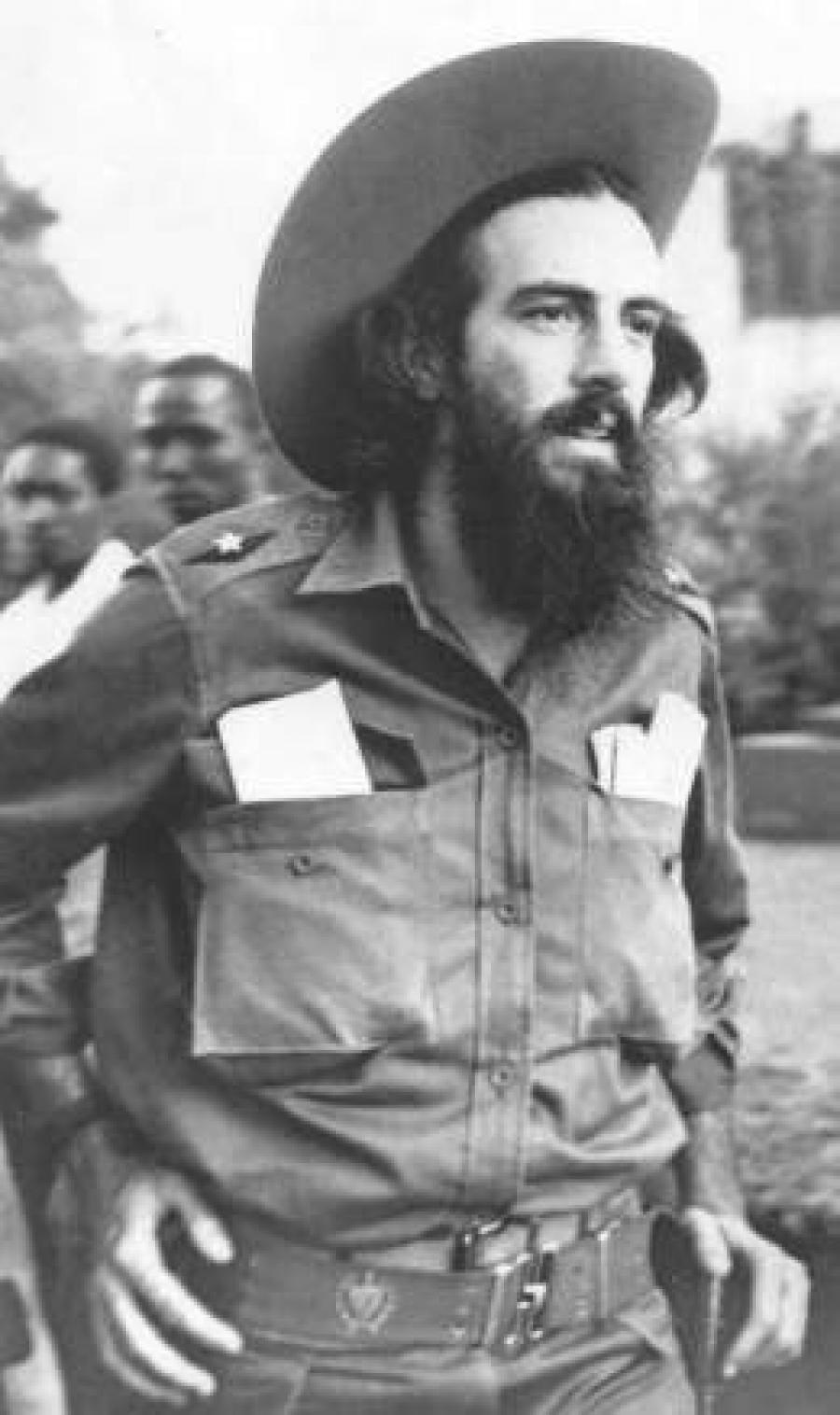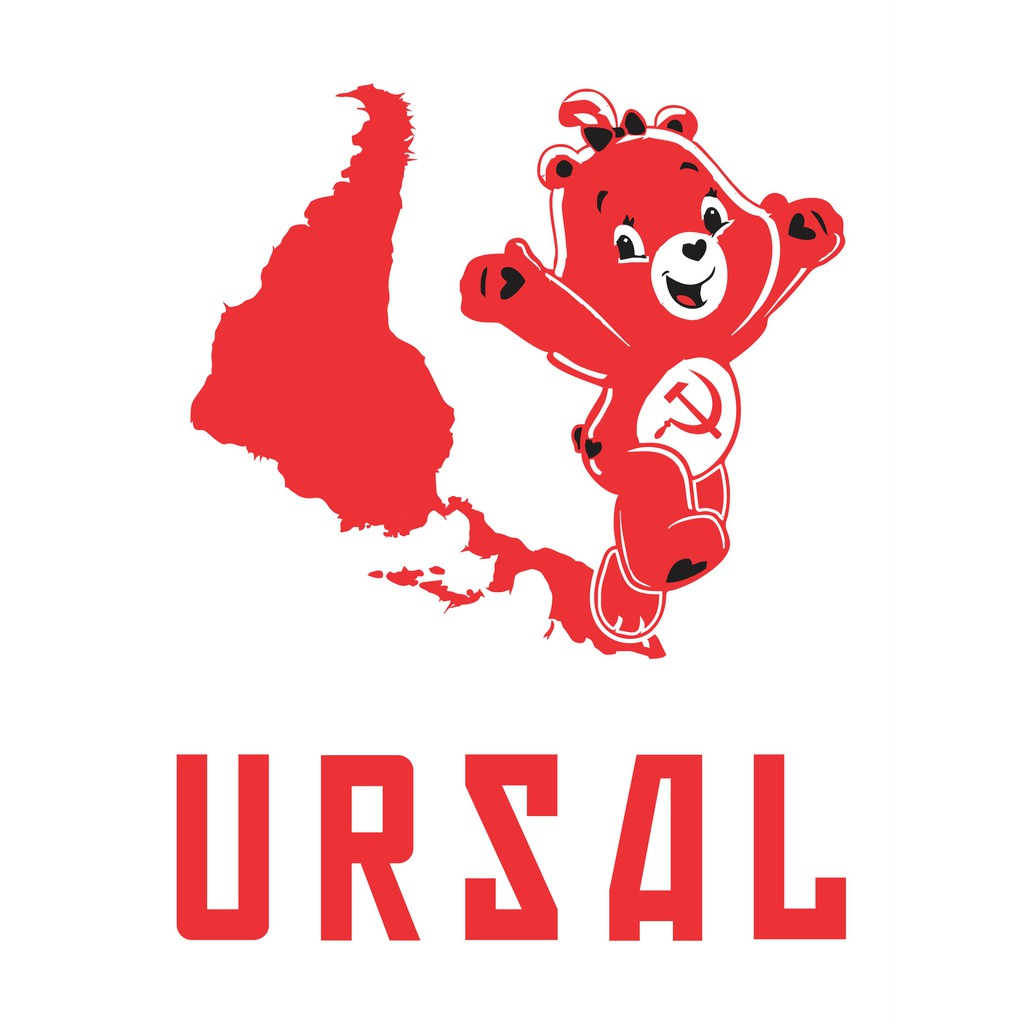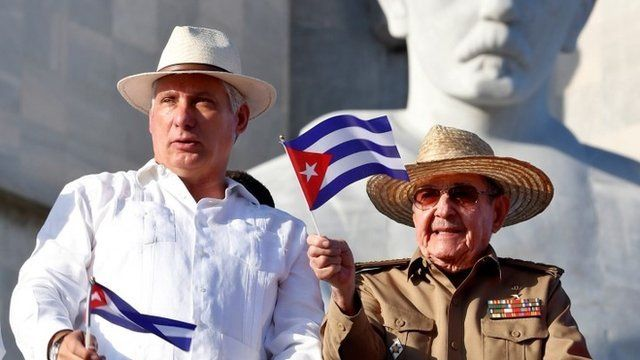Cuban revolutionary who founded the Rebel Army and one of its main leaders, together with Fidel Castro, Che Guevara, Raúl Castro and Juan Almeida, during the National Liberation War against the dictatorship of Fulgencio Batista. He was also known as "El Comandante del Pueblo", "El Señor de la Vanguardia", "Héroe de Yaguajay" or "el héroe del sombrero alón" was an outstanding revolutionary of humble extraction and wide popular ascendancy due to his jovial character and natural detachment.
Camilo Cienfuegos was born in Lawton, Havana, on February 6, 1932. On September 21, 1949, at the age of 17, he entered the San Alejandro National Academy of Fine Arts. Later, on March 10, 1952, when the military coup d'état led by Batista took place, Cienfuegos and a group of students went to the University in search of weapons to resist the dictatorship. At that time he established friendships with other young people who would play an important role in later events, Carlos Leijás, Israel Tápanes, Reinaldo Benítez and the brothers Mario and José Fuentes.
However, economic problems were serious and he dropped out of school and later traveled to the United States. He participated in several demonstrations and wrote for the newspaper La Voz de Cuba a critical article against Batista entitled "Moral Identification". But in 1955 in San Francisco he was arrested and deported to Cuba, joining the student struggles and being wounded in a protest demonstration. Imprisoned, tortured and booked by the dictatorial regime's hired assassins, he had to return to the path of exile in New York, joining the revolutionary opposition in exile.
On December 14, 1955, he was wounded by a firearm during a demonstration in honor of the Cuban independence hero Antonio Maceo; however, that did not prevent him from participating in the event commemorating the 103rd anniversary of the birth of José Martí in the Central Park. Once again, he was beaten and taken to the Bureau for the Repression of Communist Activities (BRAC) where he was registered as a communist by the dictatorial government. Due to these circumstances, he decided to go into exile and in March 1956 he traveled again to the United States.
In September he was in Mexico, where he managed to establish contact with Fidel Castro, who was organizing a revolutionary expedition that would return to Cuba to begin the struggle against the Batista regime. Cienfuegos was the last one chosen, because he had no practical military knowledge, so he was sent to the camp in Abasolo, Tamaulipas, where he received training in guerrilla warfare and shooting practice. He received his baptism of fire along with his comrades in Alegria de Pio, on December 5, 1956.
A year later, in 1957, column number 4 was created, daughter of the mother column "José Martí", under the command of commander Ernesto Che Guevara. In the group, Cienfuegos fulfilled his role as head of the vanguard. In March 1958 he became the first leader of the movement to take the combat beyond the Sierra Maestra, to the Cauto plains. After the triumph of the Cuban Revolution, Cienfuegos became part of the high command of the Revolutionary Army as its supreme chief. Commander Camilo Cienfuegos was much loved for his humility, simplicity and frank smile, and his popularity was even compared to that of the revolutionary leader Fidel Castro.
Thus, we can highlight Camilo Cienfuegos as one of the most important and beloved leaders during the revolutionary process that led Cuba to its definitive independence in 1959. On the other hand, he contributed to the political education of the members of the armed forces and the Cuban people. Likewise, in his speeches he made reference to the unity of the revolutionaries, to freedom, to the importance of the agrarian reform and other measures of the Revolution and he particularly dealt with the role and work of the members of the Armed Forces.
On the evening of October 28th, 1959, Cienfuegos' Cessna 310 ('FAR-53') disappeared over the Straits of Florida during a night flight, returning from Camagüey to Havana. Despite several days of searching, his plane was not found. By mid-November, Cienfuegos was presumed lost at sea. In 1979, the Cuban government established the "Order of Cienfuegos" in his honor.
-
Amistad entre Camilo Cienfuegos y Ernesto Guevara :che-smile:
-
el Che habla de camilo :che-poggers:
-
El último discurso de Camilo Cienfuegos :fidel-salute:
-
Documental: Camilo, Érase una vez un Comandante (Revolución Cubana) :fidel-salute-big: este es muy bueno, lo recomiendo
Megathreads and spaces to hang out:
- 📀 Come listen to music and Watch movies with your fellow Hexbears nerd, in Cy.tube
- 💖 Come talk in the New Weekly Queer thread
- 🔥 Read and talk about a current topics in the News Megathread
- ⚔ Come talk in the New Weekly PoC thread
- ✨ Talk with fellow Trans comrades in the New Weekly Trans thread
reminders:
- 💚 You nerds can join specific comms to see posts about all sorts of topics
- 💙 Hexbear’s algorithm prioritizes comments over upbears
- 💜 Sorting by new you nerd
- 🌈 If you ever want to make your own megathread, you can reserve a spot here nerd
- 🐶 Join the unofficial Hexbear-adjacent Mastodon instance toots.matapacos.dog
Links To Resources (Aid and Theory):
Aid:
Theory:



xXsongs about confronting my dadXx
gonna go hard in the pit and windmill kick a 14 year old fuck yeah